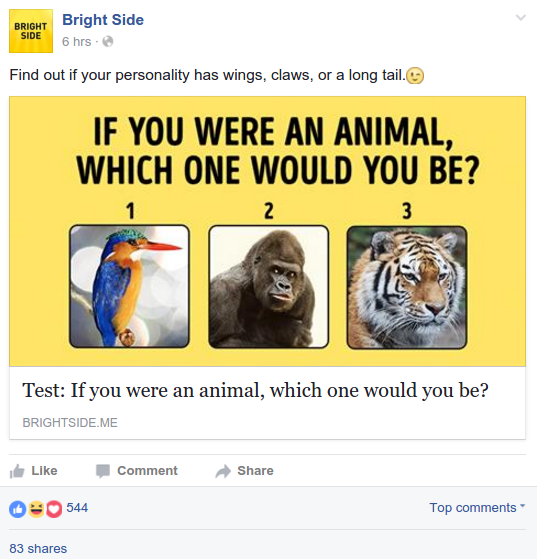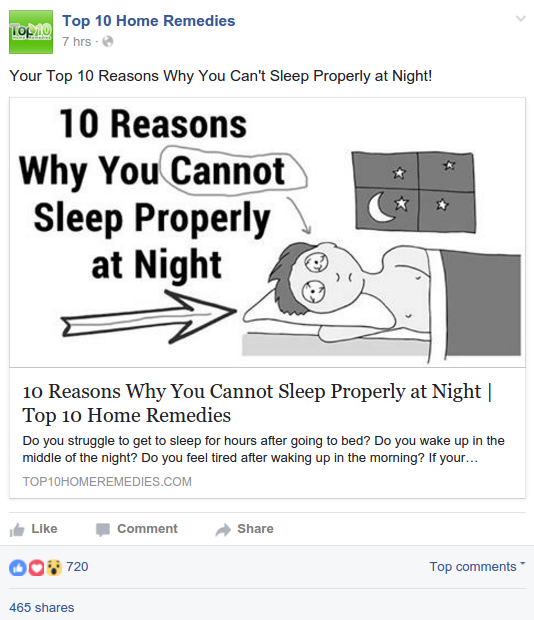When it comes to having a social media strategy, there is just one rule – post valuable content. The question now is – how will you know that the content will provide value to your readers? Unquestionably, you want high-value engagement to drive actions and conversations. This will not materialize if you don’t know which types of content actually is the most valuable to you and your readers. Here are some of them.
Content types that are of greatest value
1) Infographics
A 2014 study revealed that infographics are the most commonly shared of all types of social content. Why? Because the content is highly engaging. Also, humans are wired that way – we process what’s easiest for us. Visual information is much easier to process than contextual information. Yes, looking is much easier than reading. We also tend to read when the text is accompanied by a picture. From the name itself, infographics are downright valuable because they present useful information.
2) Content with images
Image-rich pieces of content also receive more shares than those that are purely texts. The fact remains – images are highly shareable. Actually, pictures are shared by 43% of people who get to see them. This is true for both Twitter and Facebook and perhaps, other social media sites. The value of this content is apparent in images giving context to what the users are going to read. The image guides the expectation.
3) Interactive content
Interactive content is defined as a piece of content that requires a user’s active engagement. It means that the user should act on it, not just read or watch. As a reward for the engagement, the user is provided with hyper-relevant results in real-time. Perfect examples of this content are polls, quizzes, assessments, brackets, etc. These are high value since it enables a more personalized and user-focused experience.
4) Emotionally charged content
People asserts the emotional value of a post. Hence, if it is positive, the content will be shared. Not so much, if it’s not. Content that evokes awe, laughter, amusement, and joy are shared more than content that elicits feelings of anger, empathy, surprise, and sadness. The good news is emotion is a universal language. It is highly relatable wherever you are in the world. For a truly valuable social initiatives, focus the content you publish on positive emotion.
5) List post
Another highly-shared piece of content is the list. Lists posts receive higher social traction compared to other types of content such as how-to, what, and why posts. Apart from its share-worthiness, list posts are generally skim-friendly, organized, and easy-to-read. The structure is not too rigid, too. Thus, you can go through the entire article quickly. Again, make it as informative as you can so that your readers will find it valuable and be compelled to share it with others.
So, when devising a content strategy, make sure that it includes a good mix of these types of content. To continue, we want to leave you with how to create highly shareable content pieces. These are the results of BuzzSumo’s analysis of more than 100 million articles and Buffer’s experiments You can think of these as simple rules to live by when planning your social media strategy. After all, these tactics are tried and tested and aimed to maximize your ROSI or your returns on social investments.
-
List posts and infographics are more likely to be shared.
-
Combine texts with visuals.
-
Appeal to people’s narcissistic side.
-
Inspire awe, laughter, or amusement.
-
Inspire trust by being consistent.
-
Publish and promote content on Tuesdays.
-
Share content more than once.
-
Long-form content has less competition, and more shares on average.
-
Implement social metadata (e.g. Facebook preview image).
-
Reach out to influencers.
-
Promote the articles a week after publication.
-
A/B test posts.









